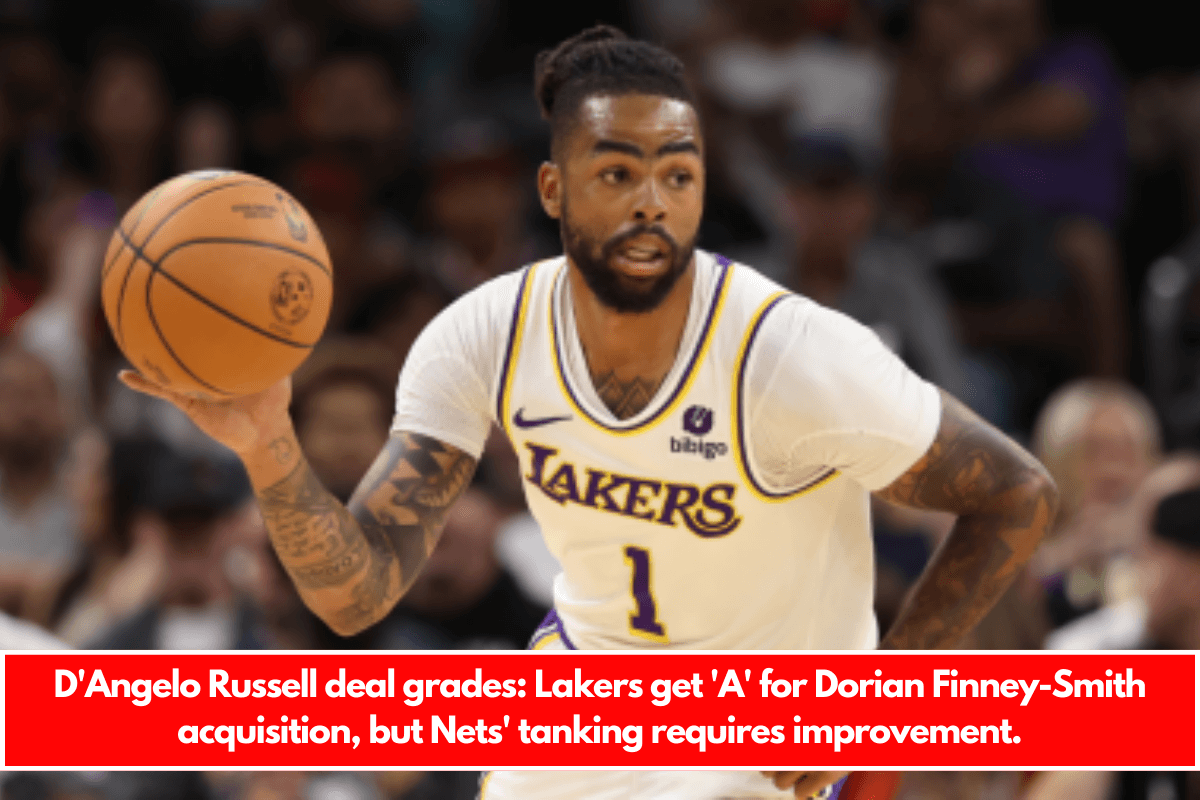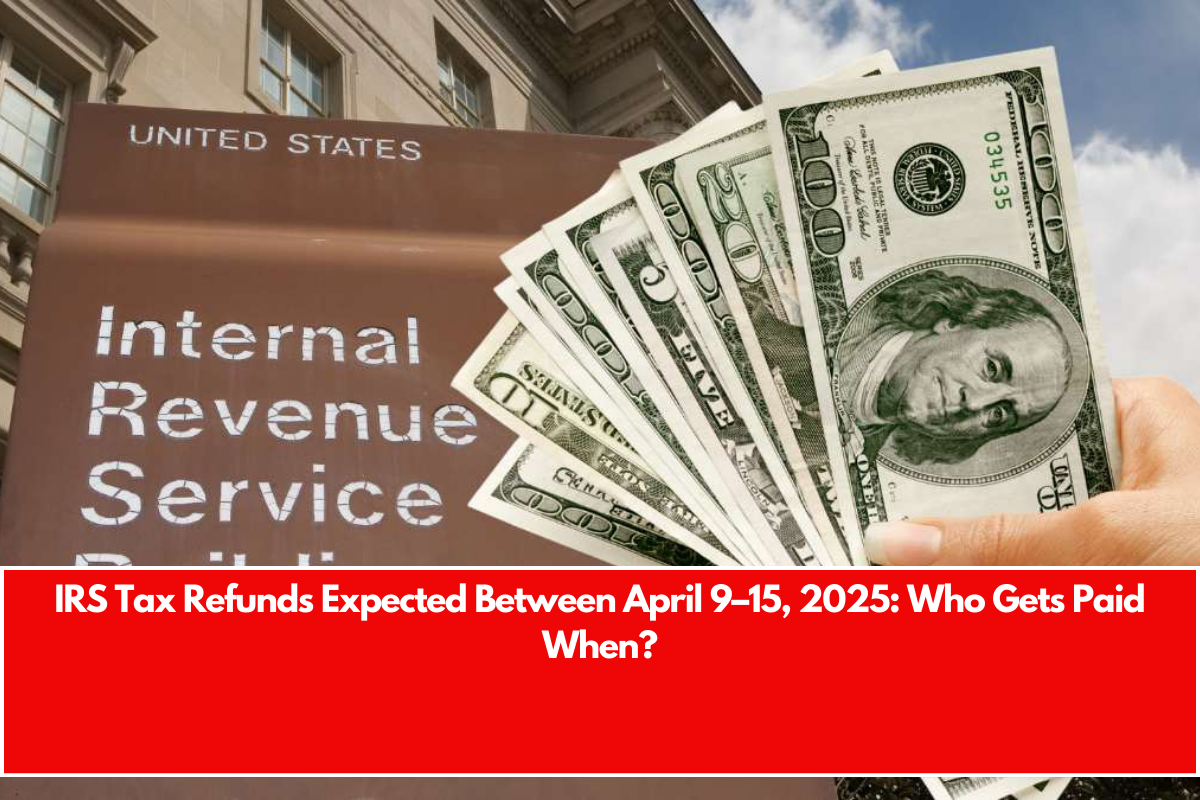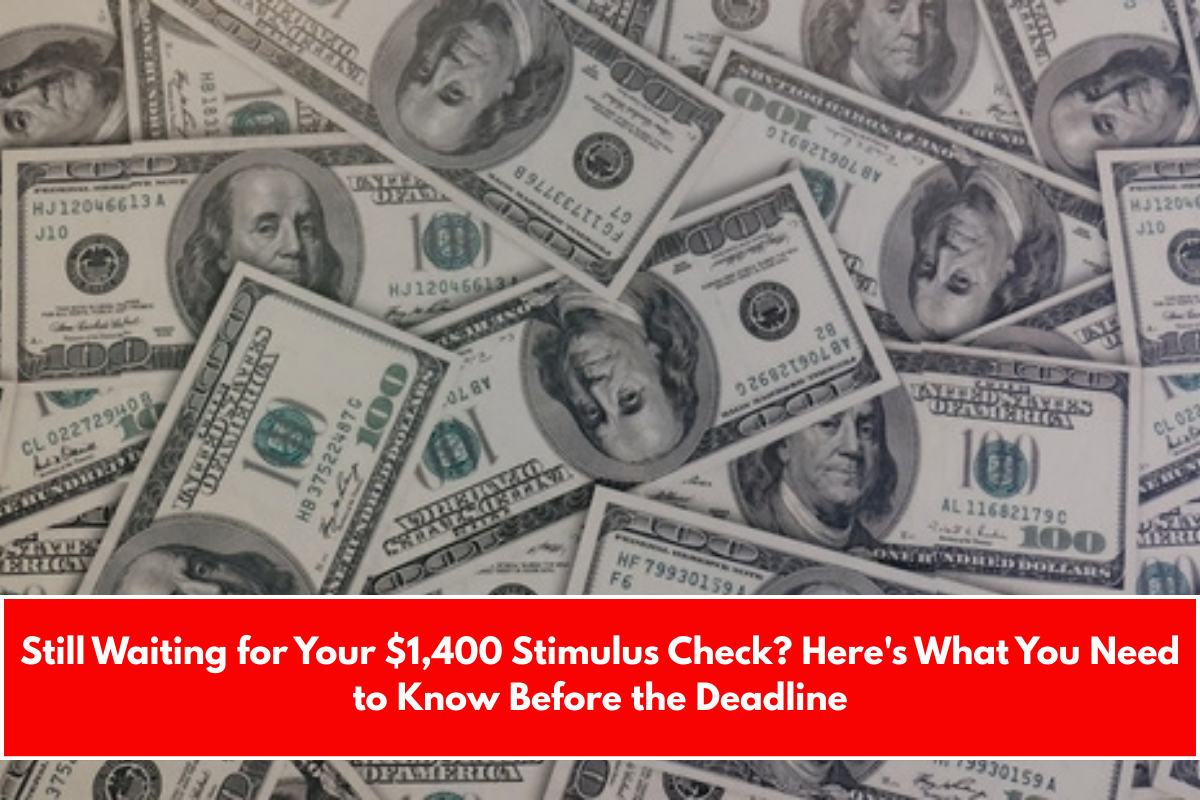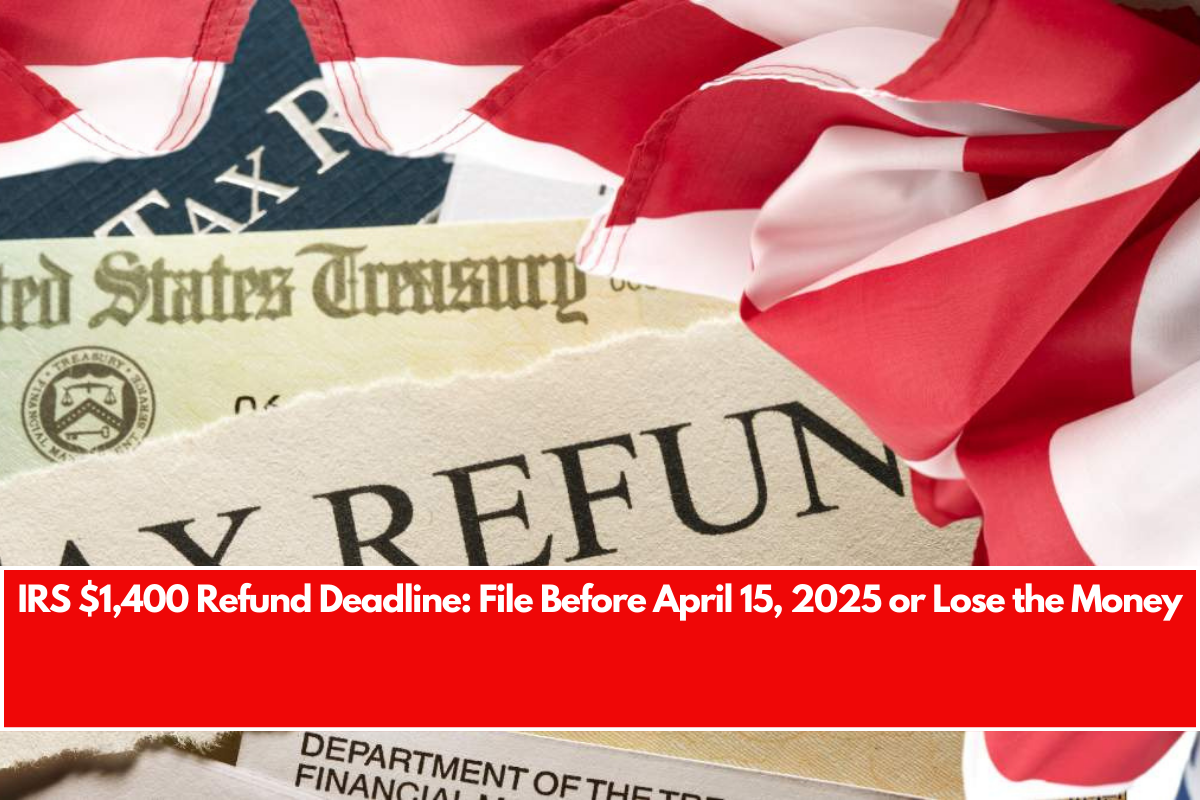The LA Lakers were expected to be aggressive in the trade market this season, but their past performance made it hard to predict. The 2023 trade deadline saw them linked to many big players, but they stayed put.
After pursuing Klay Thompson in free agency, they went the entire summer without adding a veteran. The Lakers want to win, but LeBron James turns 40 on Monday, so they must be careful with their money if they want to compete after him.
On Sunday, they traded D’Angelo Russell and three second-round picks to the Brooklyn Nets for Dorian Finney-Smith and Shake Milton to find a compromise. Brooklyn’s equation was simpler.
After trading Mikal Bridges in June and Dennis Schroder earlier this month, the Nets are open for business. Let’s rate this deal for both sides. It continues Brooklyn’s progress and gives the Lakers a boost.
Los Angeles Lakers: A
The Lakers are precariously balanced. Their prior 18 months suggest they are not title contenders. After investing a lot of draft picks in 2019–2023, their situation appears to have settled in.
Despite his success, LeBron James is 40 and fading. Though still excellent, Anthony Davis is 31 and injury-prone and likely nearing the end of his career. Blindly sacrificing first-round picks that could be utilized to rebuild was no longer responsible.
James and Davis are too good for a fractured roster. Given James’ trust in the Lakers when he signed in 2018, they must build a competitive squad around him if he wants to stay.
The Lakers must send James out right to maintain their star-friendly image. They just had to do so without reliving the half-decade of pain he saved them from.
That made Finney-Smith their ideal compromise. Since Jarred Vanderbilt’s seemingly endless injury drama last season, perimeter defense has been this team’s biggest necessity. Finney-Smith shoots, unlike Vanderbilt.
Despite not shooting 43.5% from 3-point range like he has this season, James, Davis, and Austin Reaves should be able to help him shoot in the mid-30s. His connection with new backcourt starter Max Christie makes sense too.
Both are long for their positions, but Finney-Smith is stronger. Christie would play faster guards and Finney-Smith bigger forwards in an ideal world. James can play weakside help better with less defensive liabilities. This arrangement helps him rest on defense.
The Lakers’ roster is more balanced after this deal. Russell overloaded the lineup with shot-creation. Reaves, who averages 20.3 points and 7.4 assists since Christie joined the starting lineup, may focus on secondary creation without him.
The Lakers’ perimeter defenders are better than previous season thanks to Finney-Smith and Christie. All those players shot 3s. Rui Hachimura and Dalton Knecht can. This squad is now built to support the James-Davis two-man game and possibly relieve Davis’ defensive strain.
Are they championship contenders? At least not yet. But the agreement gives the Lakers more flexibility to improve if the chance arises. The agreement saves the Lakers $3.5 million, reduces their luxury tax cost, and gives them space underneath the hard-capped second apron to sign other stars.
They can trade one second-round pick, two (extremely important) future first-round picks, and numerous first-round swaps for more improvements if something gives them a title shot. Backup centers are required.
This is a great move if it’s the Lakers’ last of the season. It solves this team’s main problem without hindering the reconstruction after James’ retirement. It helps younger players like Christie and Reaves and relieves senior ones like Davis. That’s hard to beat for three second-round picks.
Brooklyn Nets: C
Start with the obvious. The Nets want to get worse. At first opportunity, they traded Dennis Schroder. Finney-Smith is another key veteran they lost. You give up a lot of valuable assets to reclaim possession of your first-round picks since you own them. By getting those picks, the Nets understood they could tank, which they are doing.
Russell is risky for a tanking team. He is a good floor-raising guard, but his defense makes him unsuitable for championship teams. Remember, he made an All-Star Team the last time he played for a rebuilding Nets team, and the Nets have been far better with Schroder than without him.
The Nets won 0.4 points per 100 possessions with Schroder this season but lost 11.1 without him. Russell might stabilize lineups the Nets strongly oppose. Russell will join a Nets team sans Finney-Smith, which helps the tanking, but he’s a terrific shot-creator to win some games they’re aiming to lose. He should be removed from the roster as soon as feasible.
Price is another factor. Finney-Smith deserves a first-round choice. Not merely a subjective talent assessment. There was background reporting. For Finney-Smith, Marc Stein said that Memphis was giving a protected first-round pick, John Konchar, and Luke Kennard.
Now, the specific protections greatly affect the value of such a pick. Stein said it was safeguarded “past the lottery,” which could have swayed the Nets if it never arrived.
However, the Grizzlies excel. Probably, a protected choice this season would have transmitted. Why settle for the Lakers offer now if the Nets weren’t happy with Memphis’ pick? At the 2023 deadline, every role player seemed to get four or five second-round picks. Was this the Nets’ best? Someone would have offered more by February, right?
Not having Finney-Smith will help the Nets lose. That’s the plan. The way they did it wasn’t ideal. They may benefit from this transaction, but it’s currently a “C.”

















